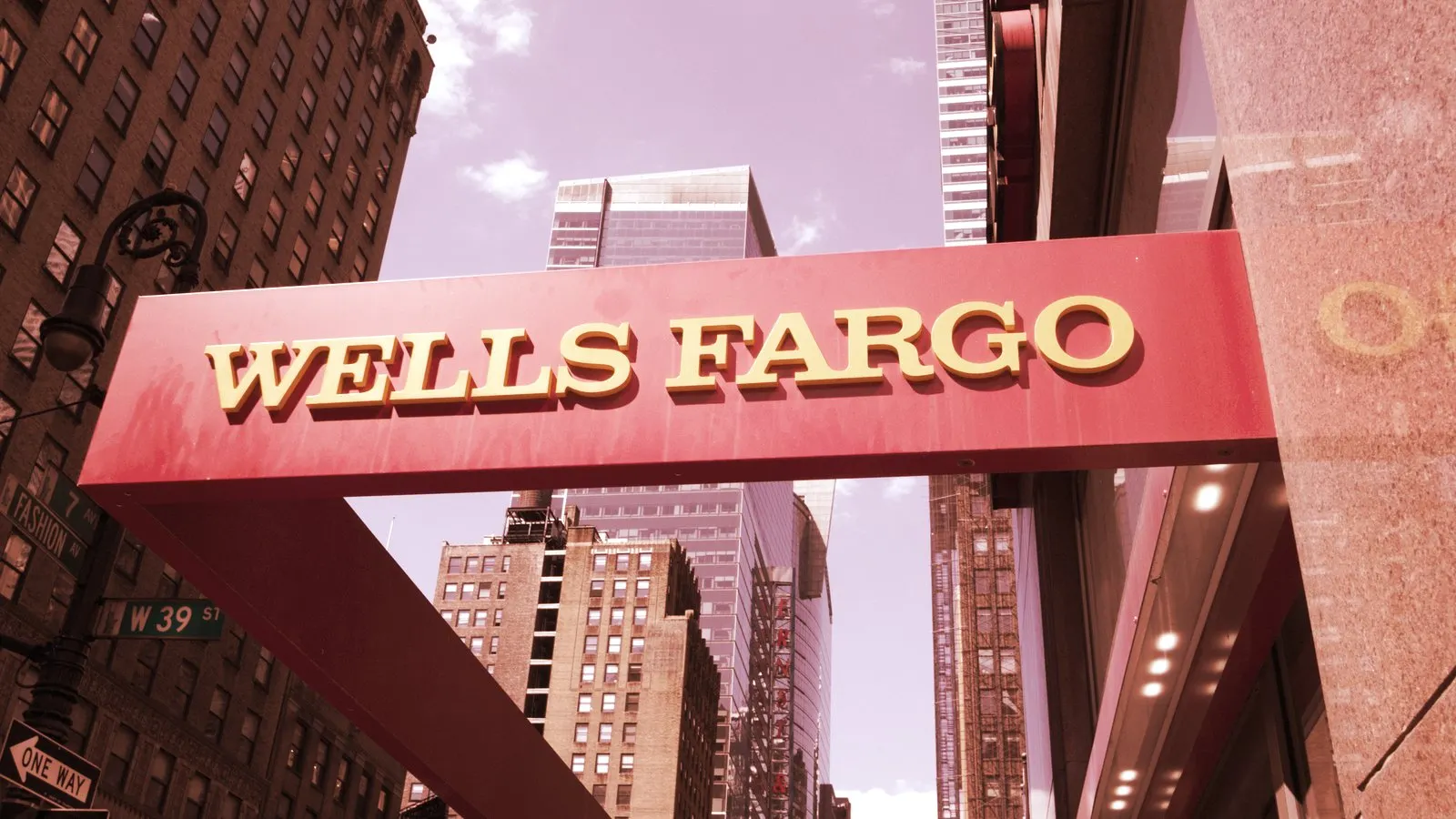In brief
- Wells Fargo has joined a host of other institutions in rolling out a crypto offering.
- Despite the new offering, a Wells executive still frames crypto as having "plenty of risks."
The Wells Fargo Investment Institute has become the latest institutional player to acknowledge cryptocurrencies as an “investable asset.”
“We think the cryptocurrency space has just kind of hit an evolution and maturation of its development that allows it now to be a viable investable asset,” said Darrell Cronk, president of Wells Fargo Investment Institute, in an interview with Business Insider today.
According to Cronk, “a professionally managed solution” that would allow qualified clients to get exposure to digital assets has been in the works at Wells for at least several months. Now it's reached a final stage that includes the manager research and due diligence process.
At the same time, Cronk cautioned that cryptocurrencies are still considered an “alternative investment” instead of “strategic allocation" by the firm.
“So we're still not suggesting in our work that it is its own dedicated asset class with a strategic allocation to it in every portfolio,” Cronk said. “For those investors who qualify and have an interest, there's some good academic and money management work to suggest that it can be a nice diversifier to portfolio holdings.”
Due to the inherent risks usually associated with digital assets, Wells Fargo is considering offering crypto investing only to accredited investors, those with an annual income of over $200,000 or a net worth exceeding $1 million.
Currently, the bank only offers private placements for crypto investing since no U.S. Bitcoin ETFs (exchange-traded funds) have been approved by the U.S. Securities and Exchange Commission (SEC) yet.
Cronk explained that all these limitations are needed because the crypto industry still has “plenty of risks” such as technical issues and potential new regulations, as well as various difficulties associated with crypto storage and custody.
“There's a whole element of consumer protections and regulations that have to still evolve with the changing landscape," Cronk said. "So we're not without risk; it's just that we think there can be a viable investable option for those clients who show an interest.

